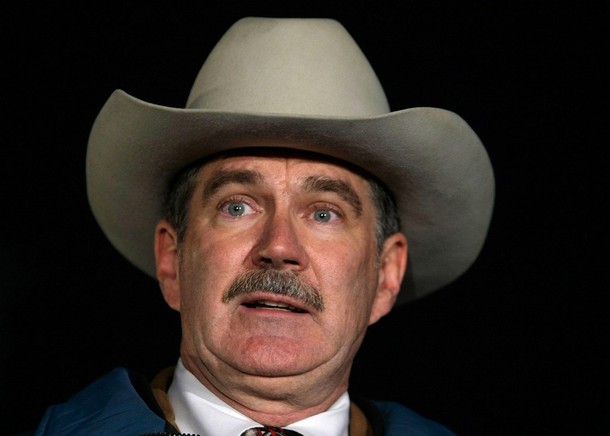The Decline of Employer-Based Health Insurance
The global consulting firm McKinsey & Company set off a firestorm when it released a report last week suggesting that 30 percent of U.S. businesses will stop offering health care benefits to their employees after most of the provisions of the Affordable Care Act go into effect in 2014.
The White House was quick to challenge the validity of the report, noting that McKinsey has so far refused to provide any details of the methodology used to reach its conclusion. All McKinsey will say is that its report was based on a survey of 1,300 employers and "other proprietary research."
White House deputy chief of staff Nancy-Ann DeParle, who previously headed the president's office of health care reform, called it an "outlier" and cited other studies predicting that few if any employers would drop coverage because of the Affordable Health Care Act.

 MINNEAPOLIS — In his first-ever
MINNEAPOLIS — In his first-ever  The House Appropriations Committee voted to approve an amendment introduced by Rep.
The House Appropriations Committee voted to approve an amendment introduced by Rep.